I have never been entirely comfortable discussing the circumstances I’m about to mention, though time has thankfully been able to heal these wounds for the most part – both literally and figuratively. I used to hold these events very close to the vest, so to speak, though now I am feeling more comfortable sharing my story in case it may be helpful for others.
It all began years ago while studying at Western University (formerly known as the University of Western Ontario) in London, Ontario, Canada. I had moved from my hometown of Mississauga as a teenager and was enrolled as a piano performance major with aspirations of becoming a concert pianist. It was at this time that my piano professor, John-Paul Bracey, had just returned from a sabbatical in Spain and had taken on a larger-than-usual group of exceptionally talented first year students from all across the province.
Despite entering university with a reasonable pedigree – having studied at an arts high school as a piano major, winning several local and provincial competitions, and some notable performances to boot – it was John-Paul who had taken me aside to make it clear how unquestionably dedicated to my craft I needed to be in order to have a successful career as a professional pianist. Talent alone would not be enough, as dedication combined with hard work would in many ways dictate my future.
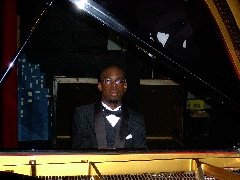
Over the following months, and years leading into my third and fourth year of bachelor studies, he turned up the intensity levels by challenging me to prepare increasingly difficult repertoire in shorter amounts of time. It is important to know how to learn music both well and quickly, he explained, as there will be times in the future where you are asked to prepare new music for a concert engagement with limited time. With the proper practice approach and strategies, it is possible to meet these remarkable demands.
These lessons proved to be exceptionally valuable, as there have been countless occasions where these exact circumstances have come to fruition (thank you, J-P!). However, as mentioned earlier, I am not the only piano student at the university – not only from John-Paul Bracey’s own piano studio but also from the classes of all the piano professors at the university. We all got along remarkably well, in spite of such a competitive environment, though as to be expected we also talked a lot of “shop”. Discussions on (bragging about) which new and difficult works we were playing, upcoming performance engagements and competitions, and how many hours of practice each of us were doing every day served as hot topics in the hallways during practice breaks.
I remember losing sight of my own personal goals during many of these discussions, often distracted by the latter conversation about the number of practice hours instead of taking it all with a grain of salt and preparing my music quickly and well. During this time I had developed a “second-to-none” work ethic which was critical to my development (and is still a mindset I carry to this very day), although it seemed like no matter how many hours I would practice my piano colleagues were always putting in more hours than me. If I practiced four hours in a day, others claimed to have practiced six. If I pushed myself to practice six hours a day, my fellow pianists would casually mention to have practiced seven or eight! It made my teacher exceptionally pleased to hear (and see) that I was so committed, while also providing me with some bragging rights, though I could also feel a physical shift beginning to transpire.
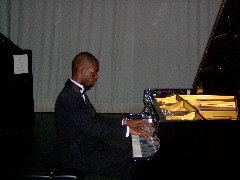
As I completed my third year recital and entered my fourth and final year of the Bachelor of Music program, my left arm began to feel some discomfort. “It’s no big deal”, I told myself. “You’re young, strong, and healthy, so there’s no way playing the piano can cause you any major physical harm.”
“You’re young, strong, and healthy, so there’s no way playing the piano can cause you any major physical harm.”
Onward I continued in my studies, with expectations continuing to soar and musical difficulty increasing. I felt things getting progressively worse over the course of that final year and into my graduation recital. I eventually did mention something to my piano teacher who would temporarily lighten the load, but since I kept playing and refusing to miss any time or cancel any lessons, it was not clear to anyone how bad things were getting. As my condition continued to deteriorate and the pain getting significantly worse, I fought harder to ignore the symptoms and continued to engage in conversations about practice hours, difficult piano music, and potential masters degree studies.
After contemplating whether or not to go directly into a masters degree program, which included a series of auditions in both the USA and Canada, or wait a year to rest and heal before continuing with my studies, I decided to accept the invitation from Western University and continued directly into the masters program. In addition to my solo studies, as well as being appointed a Teaching Assistant position, part of the study requirements involved participating in a chamber ensemble – including year-long rehearsals, specialized lessons, and a final performance at the end of the school year.
I was fortunate to have been teamed with two lovely musicians – a cellist named Andrea and a violinist, Jenna. As we began preparing our program together, I could feel the discomfort start to impact my right arm – likely due to a combination of the increased workload of both solo and chamber repertoire in addition to physically compensating to protect my left arm. I tried my best to conceal what ailed me, though I eventually explained to my trio mates in rehearsal what had been transpiring over the previous year or so.
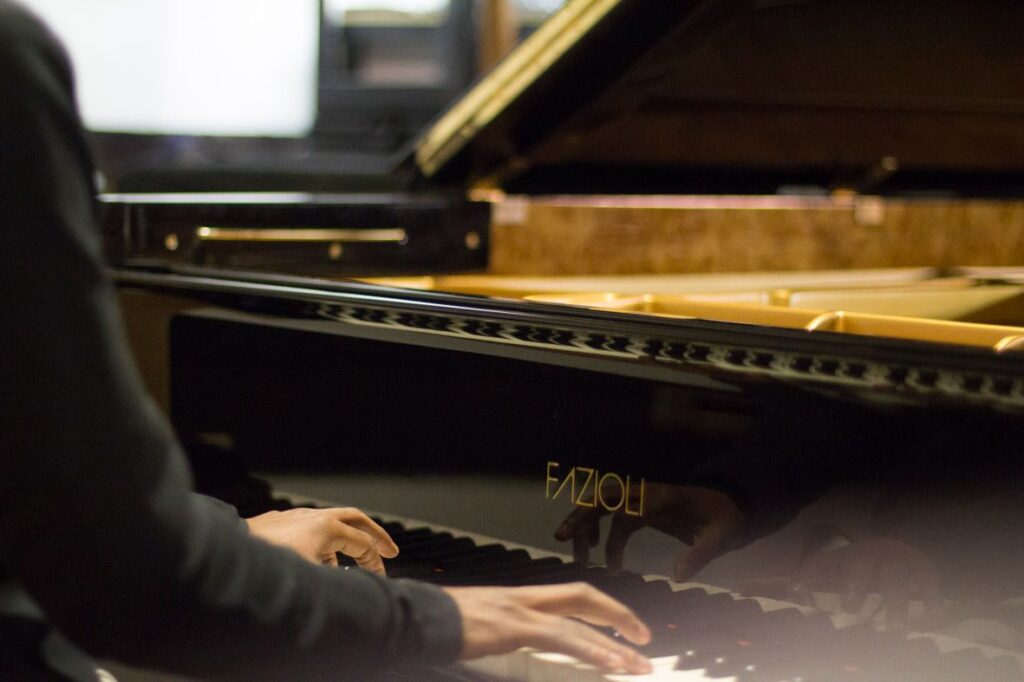
Thankfully, they were completely understanding and wholeheartedly sympathetic, and we worked hard to prepare well without further exacerbating the situation as best as we could. The first four months of the new school year unfolded, solo and chamber lessons proceeded as scheduled, and in spite of continually throbbing arms, I continued to push towards meeting the next academic criteria.
One fateful afternoon in January of that school year, a guest teacher Mr. Arthur Rowe, had arrived from the West Coast to give masterclasses to a number of chamber groups, including ours. We had been working on a piano trio of Joaquin Turina as well as the first piano trio of Ludwig van Beethoven, which we presented in that open class. I could feel things rapidly worsening in my hands as the performance continued and into the feedback portion of the class until I felt and heard an uncomfortable “pop”. I knew in that very instant that something was wrong, though little did I realize how bad things truly were.
I knew in that very instant that something was wrong, though little did I realize how bad things truly were.
At precisely that moment, Mr. Rowe had finished explaining details of a passage and had asked us to play it again. In response, I told him that I couldn’t. I’ll never forget as he asked me if it was because of an issue with fingerings since it was a particularly difficult passage and offered to perhaps start from another spot in the music, at which point I confessed to the entire room of onlookers and fellow musicians that I couldn’t actually move my arms at all, let alone play the piano. Audible gasps and confused faces filled the room as he mercifully ended the class immediately at which point, I left in tears. To this day, I have no idea who retrieved my belongings – presumably my trio mates? – as the combination of shame and pain that filled me in that moment superseded all other memories.
That night, and for the next several months to follow, I was not able to sleep with blankets or anything touching my arms, as the excruciating pain it induced was enough to make me uncontrollably emotional. After consulting with the doctors, it turns out that I had managed to play myself into carpal tunnel syndrome, tendinitis, and pinched nerves in BOTH arms! It was exceptionally difficult handling all of the questions and shock by fellow classmates, my piano teacher, and everyone around the music department who heard the news. I could not erase or avoid the embarrassment I felt, and it was gut-wrenching to watch my fellow pianists and musicians continue on with their studies and careers while leaving me in the dust. In spite of the incredible support I received from my parents and closest friends, in my mind I was an invalid stuck in isolation.
To their credit, the music faculty’s administration was extremely understanding of the situation and granted me the necessary time to let the healing begin. I was not able to play for an inconceivable amount of time – in total three years – though somehow I managed after a year off to muster up the fortitude to play my final graduating masters recital and obtain my degree. The following two years involved working at one of the local banks in the city to make ends meet (in spite of having my new-found Masters of Music degree), while intermittently meeting with doctors, specialists, physiotherapists, chiropractors, and every other type of medical practitioner imaginable hoping to find the magic remedy to my ailments and unrelenting pain. Many failed medicines, anti-inflammatory treatments, and dead-end appointments later I started to think I may never be able to play the piano again.
Many failed medicines, anti-inflammatory treatments, and useless appointments later I started to think I may never be able to play the piano again.
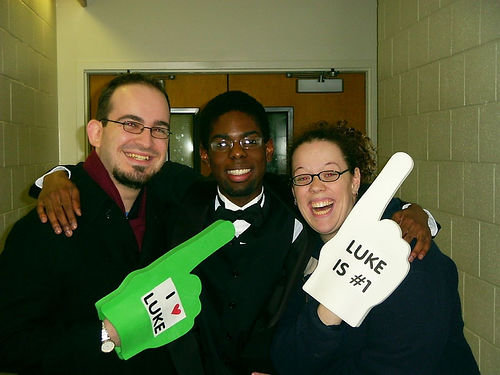
Light at the end of the tunnel came unexpectedly one day about a year and a half later when, through a last-ditch effort, I finished work at the bank one and went to see yet another doctor. After explaining the situation to her, as I had to so many others over the past couple of years, she came up with one of the most outside-the-box lines of thinking I had ever heard, which at first I was reluctant to try but ultimately ended up saving my career. I had mentioned to her that being a year or so removed from graduation, I had an inclination to sometimes head back to the university to play one of their pianos.
I could only muster up around 30 seconds to a minute before the burning sensation of pinched nerves stopped me in my tracks. This time, however, instead of prescribing another round of anti-inflammatory medication (which most of the time amounted almost exclusively to side effects), she pointed out that I was actually already able play, which was already a step in the right direction. She then recommended that instead of only resting and recovering that I should continue to play for as long as my body would allow – even if it meant one minute a month. This thought process started to get me excited…
I followed her recommendation: if I had an inclination to play the piano on any given day, regardless of whether or not it was a random day in a random month, I’d search for a piano and play until my body told me it was time to stop. My hopes were up. Eventually one minute a month turned into a couple of minutes every few weeks. Then, it became around five minutes every couple of weeks. Progress! I decided to devise a plan, since I knew if I was going to make a serious attempt to come back from the doldrums things needed to change in my approach to the instrument.
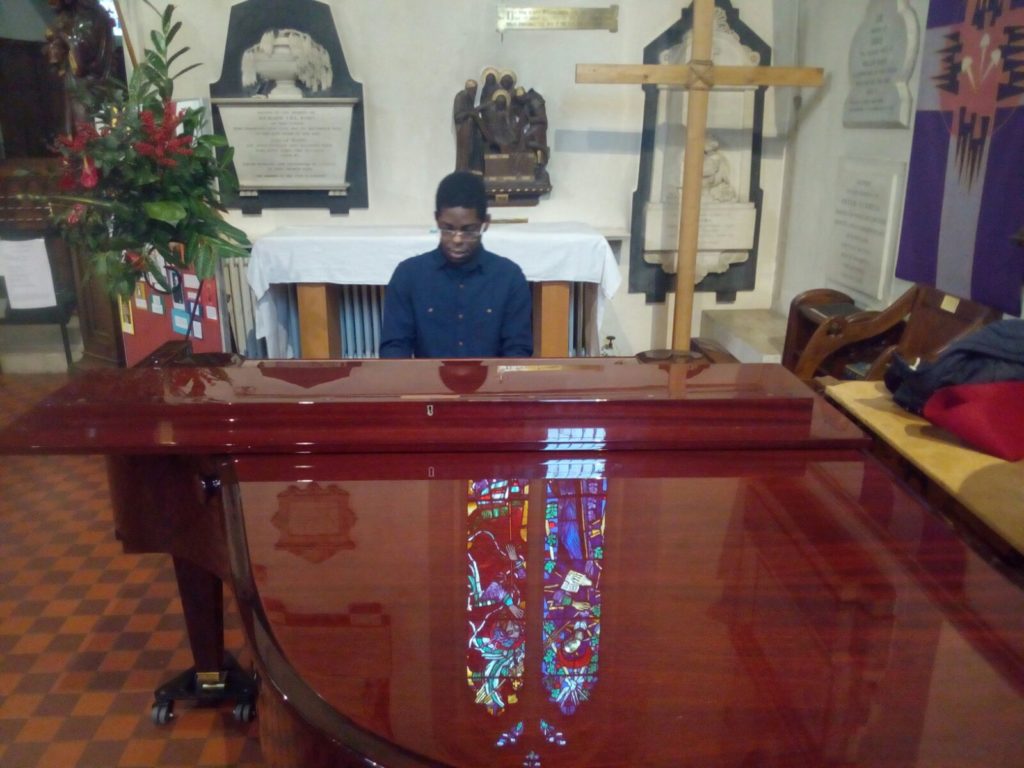
After searching for teachers, scholarships, and conservatories/music schools throughout Europe, I applied for and was accepted into a graduate program in the Netherlands on a full scholarship. It was an intimidating proposition to move half way across the world to a place I have never been before, especially with their high expectations of me (in spite of my condition). Admittedly, the first year was tough – being away from home, multiplied by my new piano teacher having major doubts about my musical abilities thanks to a series of shaky lessons. Thankfully, my assistant professors, Maria Martinova (year one) and Manuel Araujo (year two) had confidence in my true abilities – as hidden as they may have seemed at first impression at the time – and appreciated my perseverance. They systematically put me back together – correcting my bench height, positioning, finger contact points, use of weight and energy, and countless other “piano 101” tidbits to build up my strength and pianism.
At the end of the second year, I completed all of my requirements including a full-length recital which received one of the top marks of my graduating class. The progress was incredible; only in my wildest of dreams could it be possible for me to not only play the piano at all, let alone actually hold my own in front of an academic crowd not dissimilar to the one who saw my arms blow out in real time not long before.
It was entirely a blessing to also receive a job at that very same conservatory almost immediately after graduating. With limited, tentative confidence I decided to pursue performance engagements both within the Netherlands and around Europe. One performance turned into two, two into five and each year included subsequent invitations internationally as I continued to distance myself from those horrific and painful moments. It wasn’t until recently, circa 2018, that I decided to start mentioning my experiences in concert while introducing myself to the audience.
I have always been careful and conscious to not get ahead of my skis by declaring myself “injury free”, and more importantly I didn’t want an audience to listen to my music without injecting some form of pity into what they were hearing. As of this writing, one of the most intriguing things to look back on is that most of the people who know me professionally have no idea any of these things ever happened, in spite of the fact that it defines me in so many ways as a musician and as a person.
As of this writing, one of the most intriguing things to look back on is that most of the people who know me professionally have no idea any of these things ever happened, in spite of the fact that it defines me in so many ways as a musician and as a person.
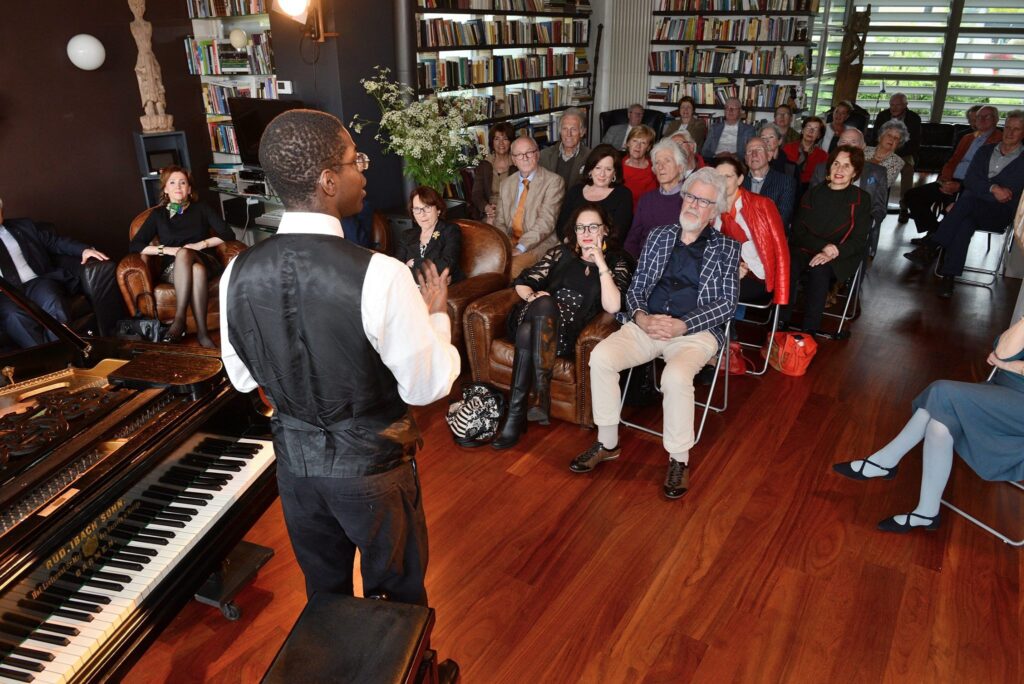
I hope that sharing my experience with you can ultimately prove to be helpful in some way. I can’t stress enough to young, aspiring pianists out there that it is totally acceptable to sit out a lesson – or whatever form of musical engagement – if your body is telling you to rest. Sometimes it’s better to pull back and fully recover for a shorter amount of time than to keep pushing at maximum level until you are left with no alternatives for much longer. As one of my favourite colleagues in the Netherlands loves to say: “smart work, not hard work!” And for those of you who may have already found themselves with similar physical ailments and setbacks, you too can continue to follow your dreams. No matter how long it takes, it will happen again and you’ll enjoy it so much more!
Stay healthy, happy, and safe, everyone! Happy holidays!
LW
RIP Mr. Doug Haas